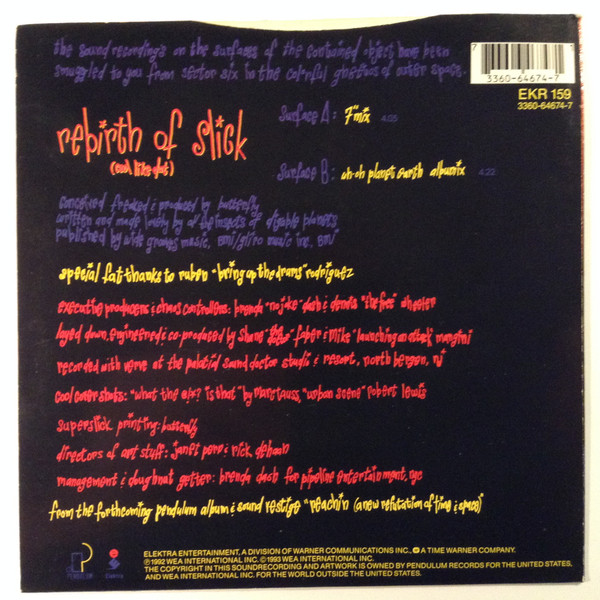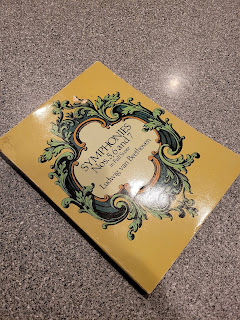There are about 1,500 Teacher vacancies, in the METRO ATLANTA AREA.
Some districts are using the lure of MONEY to entice teachers to work for them, which is cool.
But we must analyze the under lying factor of WHY there are so many teacher job shortages.
1. Teachers who started in the 90s, are reaching their 30 yr mark and are high tailing it out of education.
2. When I started, in 94, in APS, it was challenging, but i stuck with it...due to the encouragement and coaching of the "old guard"
3. NOW, the under 35 yr old are NOT staying, in education long...they have too many available options, that are not as stressful and taxing. I have had many of the "young teachers" say I made 45k selling items on EBAY, at my own leisure, without the stress of disruptive students or parents or admins...or they have YOUTUBE PAGES or podcasts, that bring in revenue.
4. This generation are NOT saddled with mortgages or car notes, they stay at home, with their parents, so they don't have to ENDURE the challenges of being a teacher.
5. Teaching is not as simple as closing your classroom door and TEACHING YOUR CLASS...there are layers and layers of paperwork, that takes away from the ho of teaching. There are testing mandates, that wear teachers and students out. There are professional development meetings that happen about 3 to 4 times a week.
Soooo...if you add the teachers that are RETIRING to the number of young teachers (less than 5 years) who are leaving the profession... 

 boom, you have a teacher shortage.
boom, you have a teacher shortage.
UNINTENDED CONSEQUENCES...
Then you will have folks looking at the PAYSCALES AND SUMMERS OFF and think "hey, I can teach" but don't have the PASSION TO DEVELOP YOUNG KIDS...you don't just teach and go home...EVERY DAY, I am a referee, a counselor, a motivator, a coach, a "parent", in addition to teaching.
IF YOU LACK THE PASSION, YOU MESSING UP KIDS LIVES, WHILE PICKING UP A CHECK AND ENJOYING SUMMERS OFF...
ITS REAL IN THESE CLASSROOMS AND HALLWAYS. _Tee LOTT

 The main reason why they would do this is so that they have cash in hand without selling their assets. If all your “money” is in investments it might not be a good idea to pull your money out of them to then use them to buy stuff. It would be wiser to get a loan against your investments and use your investments as collateral instead. That way your money KEEPS GROWING in investments and you have cash ready to then buy more investments. If you have any questions lmk below. Thumbs up so ppl see.
The main reason why they would do this is so that they have cash in hand without selling their assets. If all your “money” is in investments it might not be a good idea to pull your money out of them to then use them to buy stuff. It would be wiser to get a loan against your investments and use your investments as collateral instead. That way your money KEEPS GROWING in investments and you have cash ready to then buy more investments. If you have any questions lmk below. Thumbs up so ppl see.


